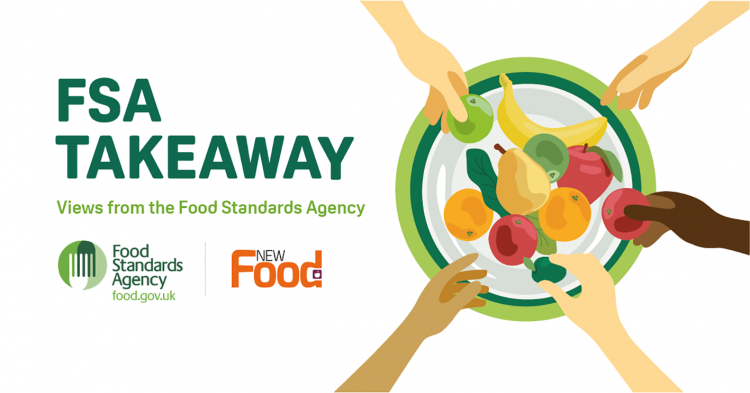Home-based food sellers must register with their local authority
- Like
- Digg
- Del
- Tumblr
- VKontakte
- Buffer
- Love This
- Odnoklassniki
- Meneame
- Blogger
- Amazon
- Yahoo Mail
- Gmail
- AOL
- Newsvine
- HackerNews
- Evernote
- MySpace
- Mail.ru
- Viadeo
- Line
- Comments
- Yummly
- SMS
- Viber
- Telegram
- Subscribe
- Skype
- Facebook Messenger
- Kakao
- LiveJournal
- Yammer
- Edgar
- Fintel
- Mix
- Instapaper
- Copy Link
Posted: 2 March 2022 | Beverley Kuster | No comments yet
Since Covid, there has been an increasing number of home-based food sellers, but many have failed to recognise their role as a business placing consumers at risk.


In this week’s column I’m going to discuss the FSA’s latest campaign, which aims to motivate more food businesses to register with their local authority, particularly those trading from home and online, following a rise in the number of new food businesses during the pandemic.
An increase in home-based food sellers
During the COVID-19 period, we’ve seen a huge increase in food being sold from people’s homes, with the internet making it easier for this type of market. According to our Register a Food Business digital service (RAFB), 37 percent of new ventures registered since the start of the pandemic (March 2020) are run from domestic kitchens at private addresses.
Many of these home-based sellers do not consider themselves to be food businesses, and therefore have not registered with their local authorities. As a result, some newly established home-based sellers could be putting consumers at risk because they haven’t demonstrated good food safety knowledge.
All food businesses have a legal obligation to register with their local authority 28 days before opening and it is an offence not to do so. Businesses are required to register if they sell food via social media (Facebook Marketplace or Instagram store), via e-commerce sites such as Amazon or eBay, trade from a physical customer-facing premises or simply run a food business from a home kitchen. Businesses must also register with the local authority if they are taking over an existing food business.
Registering as a food business means that local authorities will be aware of the operation and will carry out a food hygiene inspection. Without registration, a local authority cannot assess the nature of the business and give a Food Hygiene Rating. Local authorities also provide businesses with advice on how to improve food hygiene and food safety practices.
About the FSA’s Register a Food Business digital service
The FSA’s Register a Food Business (RAFB) digital service has been running since September 2018.
Traditionally, food registrations were completed on paper and submitted manually to local authorities for processing. The FSA introduced the RAFB service to digitalise this process for the benefit of local authorities as well as for food business operators, enabling them to register and receive useful guidance at the point of registration.
Currently 70 percent of local authorities across England, Wales and all District Councils in Northern Ireland are using the service, and recently we reached an impressive milestone of 100,000 digital registrations since the service was launched.
The data collected from the RAFB service enables the FSA to gain a better understanding of the types of businesses registering, ensure compliance and identify trends.
About the author
Beverley Kuster is trained in Hotel and Restaurant management. She has a wealth of experience obtained through her various roles across the food industry where she progressed to the position of Area Manager before becoming a Civil Servant in 2001.
She moved to the UK Food Standards Agency in 2010 and, following several roles, now heads up the Enhanced Registration team which is responsible for the digital registration service, Register a Food Business (RAFB) registration guidance and enquiries, and for raising awareness of the requirement to register and associated benefits.
Related topics
COVID-19, Food Safety, Hygiene, Regulation & Legislation, retail









